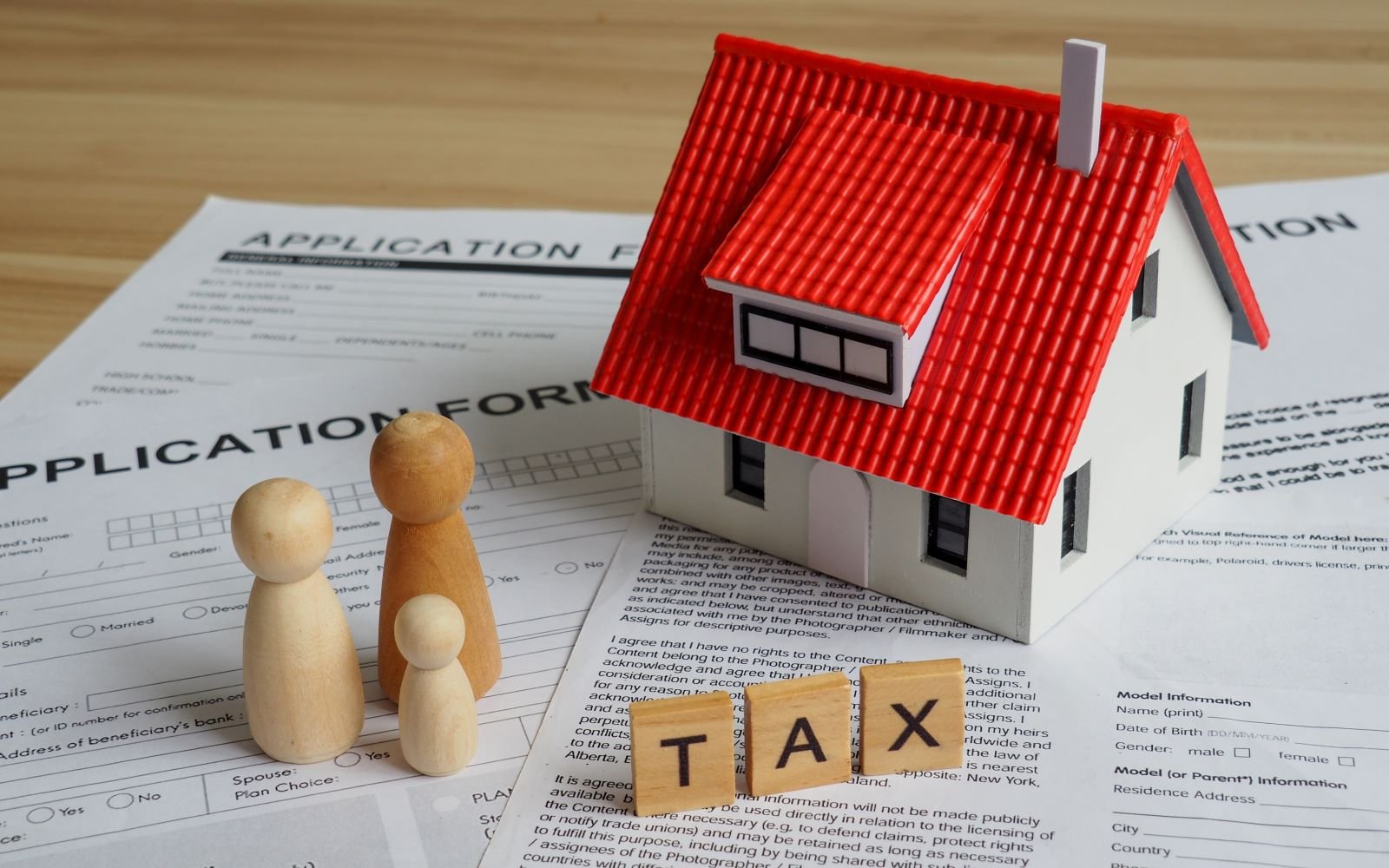Investing in rental properties is often touted as a foolproof way to generate passive income. However, many new landlords quickly discover that the reality of property management is fraught with challenges. Here are the top reasons why people regret buying rental property for passive income.
Unexpected Costs

One of the biggest surprises for new landlords is the number of unexpected costs that arise. These can include emergency repairs, property management fees, insurance, and property taxes. According to an article by CNBC, homeowners spent up to $6,000 on average on repairs and maintenance in 2022.
These costs can significantly eat into profits and sometimes result in negative cash flow.
Time-Consuming Management

While the term “passive income” suggests minimal effort, managing rental properties can be incredibly time-consuming. Landlords often have to deal with maintenance issues, tenant complaints, and administrative tasks, making it far from a hands-off investment.
Problems With Tenant

Finding reliable tenants is a critical aspect of rental property success. However, even with thorough screening, landlords can end up with problematic tenants who pay rent late, damage the property, or cause other issues. Eviction processes can be lengthy and costly, adding to the stress and financial strain.
A survey by TransUnion SmartMove found that 84% of landlords had experienced issues with tenants, ranging from late payments to evictions, which are both lengthy and costly procedures.
Market Fluctuations

Real estate markets can be volatile. Property values and rental prices can fluctuate due to economic conditions, changes in the neighborhood, or new developments in the area. These changes can affect the profitability of rental properties, leading to regrets for those who bought at the wrong time.
Legal and Regulatory Challenges

Landlords must navigate a complex web of local, state, and federal regulations. These laws can change frequently and vary by location, making it challenging to stay compliant. Legal disputes with tenants can also arise, requiring time and money to resolve. Some of the most common problems include nonpayment of rent, lease violations, HOA guidelines violations, tenants refusing to vacate etc.
Vacancy Periods

According to Yahoo Finance, a recent Lending Tree study revealed that America’s major metropolitan areas collectively have 5.5 million vacant homes.
Periods when the property is vacant can be financially draining. Not only is there no rental income, but landlords still have to cover mortgage payments, utilities, and maintenance costs. High vacancy rates can quickly turn a profitable property into a financial burden.
Illiquidity

Real estate is not a liquid asset. Selling a property can take time, and the process can be expensive due to agent fees, closing costs, and potential capital gains taxes. This lack of liquidity can be problematic if a landlord needs to quickly access their investment capital.
Tax Complications

Owning rental property comes with a variety of tax implications. While there are potential deductions, landlords must also navigate complex tax rules and potentially face higher taxes on rental income. Mistakes in tax filing can result in penalties and additional costs.
Economic Downturns

Economic downturns can impact rental properties significantly.
According to US News, a new Harvard University study found that half of U.S. renters are paying nearly a third of their income on rent, and a Record Number of Americans Can’t Afford Their Rent
Job losses and reduced income for tenants can lead to higher vacancy rates and lower rental prices, affecting the landlord’s income and financial stability.
Negative Cash Flow

Many landlords find themselves in a negative cash flow situation, where the expenses of owning and managing the property exceed the rental income. This situation can be financially draining and unsustainable in the long term.
Limited Appreciation

While real estate can appreciate in value, this isn’t always the case. Some properties may see limited or no appreciation over time, reducing the overall return on investment and causing disappointment for landlords expecting significant capital gains.
Seasonal Rental Markets

In some locations, rental markets are highly seasonal. For example, properties in vacation destinations may only be rentable for part of the year, leading to inconsistent income and financial uncertainty for landlords.
Moreover, with specific legal changes like New York banning short terms rentals, landlords can find themselves standing at a crossroads with no help.
Tenant Turnover

High tenant turnover can be costly and time-consuming. Each time a tenant moves out, landlords must invest in cleaning, repairs, and marketing to attract new tenants. Frequent turnover can significantly reduce profitability.
Difficulty in Scaling

Scaling a rental property business can be challenging. Managing multiple properties increases the complexity and time commitment, often requiring professional management services that cut into profits.
Neighborhood Changes

Changes in the neighborhood, such as rising crime rates or declining amenities, can negatively impact property values and rental demand. These changes are often beyond the landlord’s control but can have significant financial implications.
For example, a study finds that that house prices drop by 1.5% for every 1% increase in crime.
Health and Safety Regulations

Maintaining compliance with health and safety regulations can be demanding. Landlords must ensure their properties meet all relevant standards, including fire safety, building codes, and accessibility requirements, which can be costly and time-consuming.
Lack of Diversification

Investing heavily in rental properties can lead to a lack of diversification in one’s investment portfolio. This concentration risk means that any negative impact on the real estate market can disproportionately affect the landlord’s overall financial health.
Opportunity Cost

The capital tied up in rental properties could potentially yield higher returns if invested elsewhere. The opportunity cost of not investing in stocks, bonds, or other assets can be significant, especially in a booming stock market.
Insurance Hassles

Obtaining and maintaining adequate insurance for rental properties can be complex and costly. Landlords need to ensure they have coverage for liability, property damage, and loss of rental income, which can add another layer of financial and administrative burden.


